16 February 2022, Mumbai:
Ever since pandemic has struck in recent years, contextually the fashion shows & events have moved to a partly digital format/ hybrid as a new normal aiming at making event/s accessible for one & all.
But against this new emerging paradigm nothing to take away from mankind's keenness, nothing to beat an engaging, physical-fashion fashion week, that will forever bring vibrance to the city.
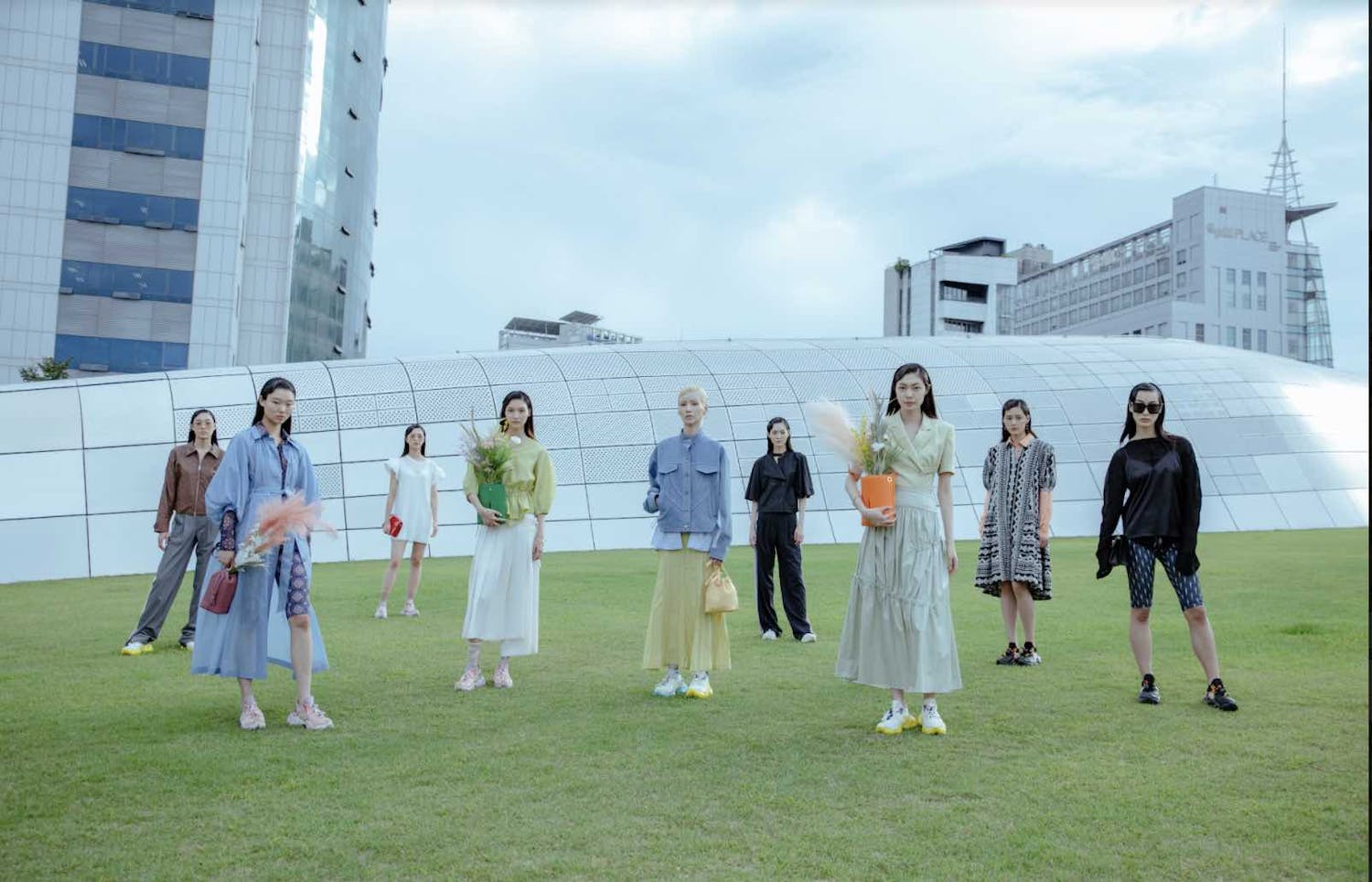
London Fashion Week is a digital gender-neutral platform.
ALSO READ:
*The next edition of London Fashion Week will take place from 18th - 22nd February 2022 showcasing both menswear and womenswear, as a digital first event.
The LFW digital platform is a year-round platform and is constantly updated for retailers, media and consumers to view and buy collections.
The platform will continue to serve as the Official Digital Hub and will be freely accessible to everyone, industry professionals and global fashion consumers alike, enabling collaboration and bringing together fashion, culture and technology.
Follow our daily news on Linkedin & Youtube.
Subscribe to our daily e-newsletter.
Stay updated with the Latest Fashion startup news.
Powered by:
*Figures mentioned in the above article have been sourced from London Fashion Week article.


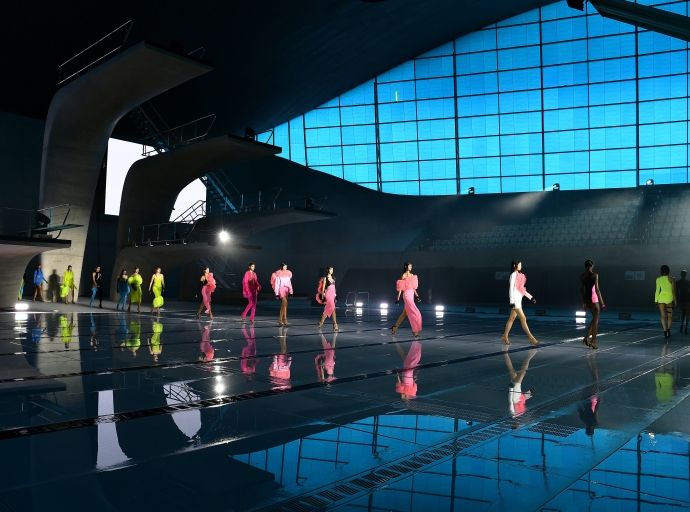

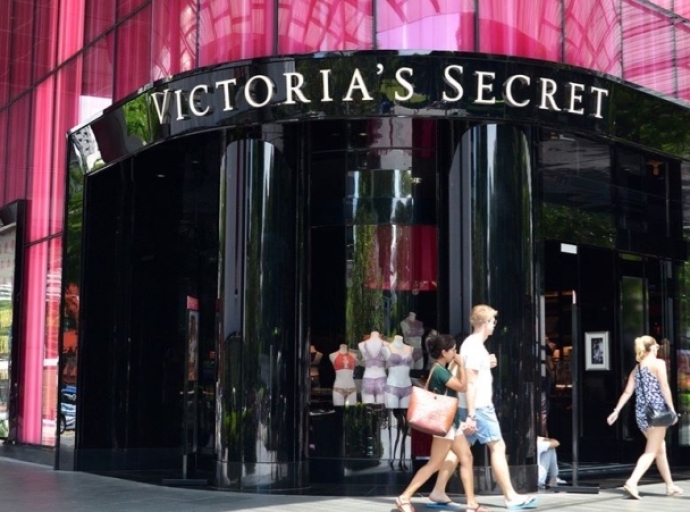

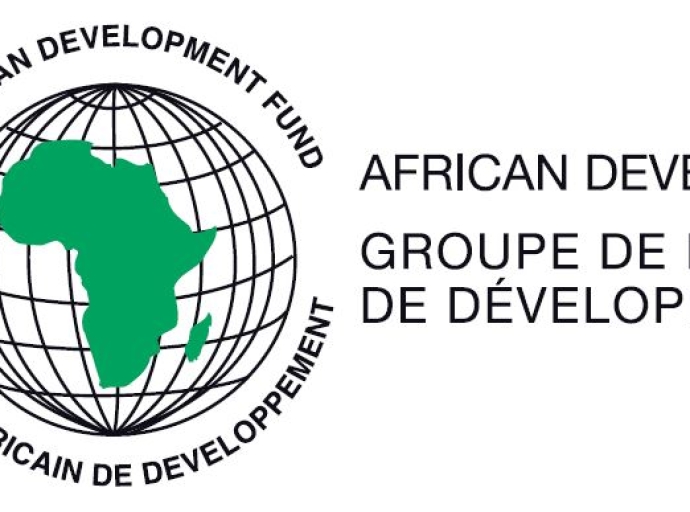
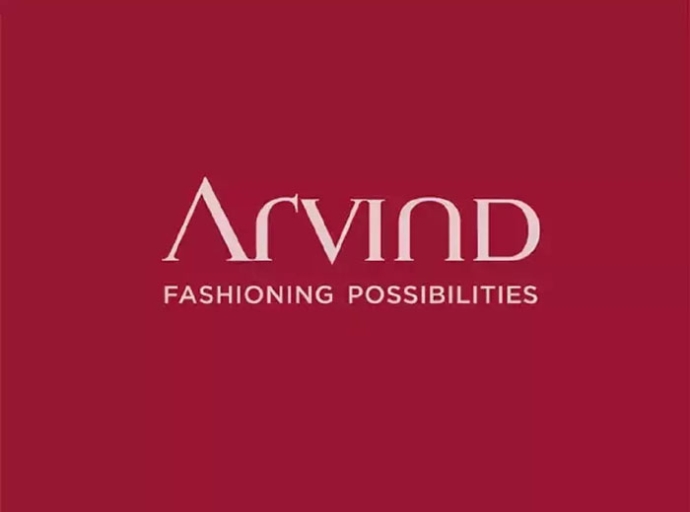
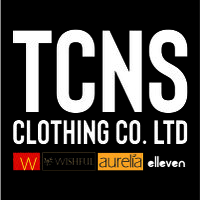
_thumbnail.jpeg)


-to-focus-on-improving-footfalls-and-ticket-size_thumbnail.jpg)

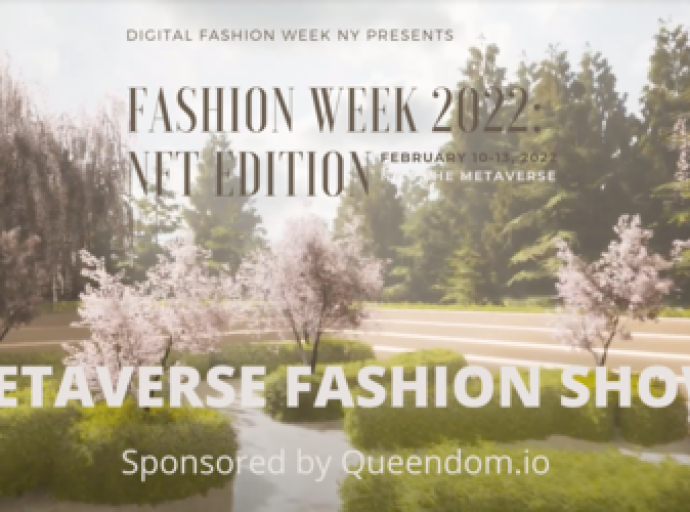

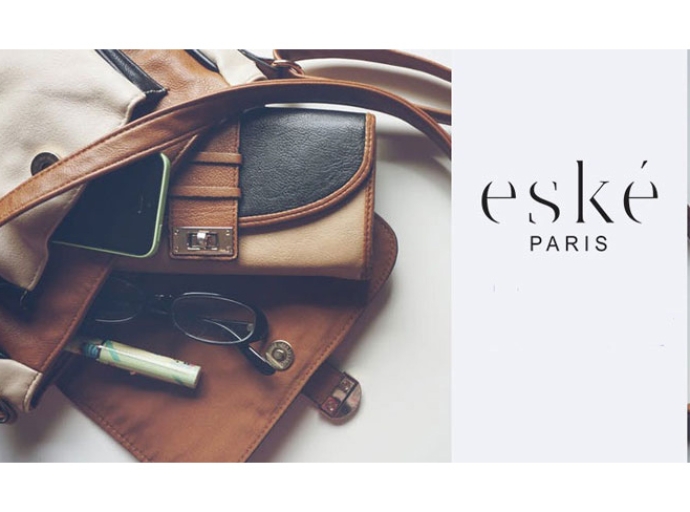

_thumbnail.jpg)























